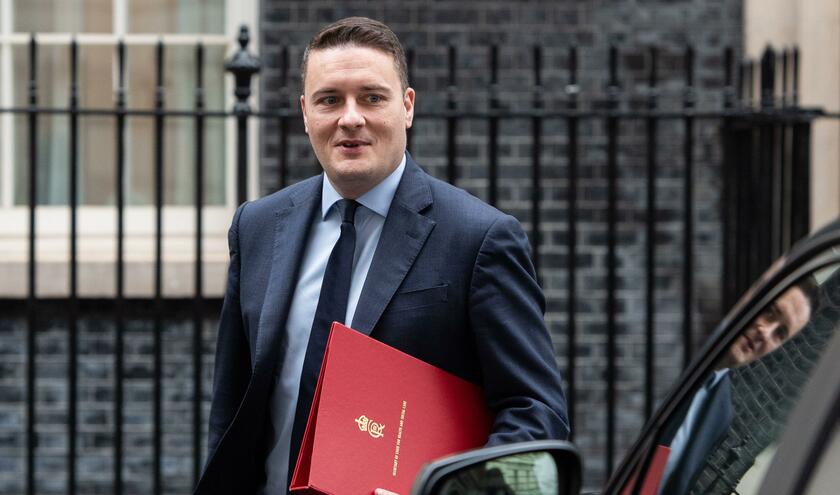Speaking in Blackpool, Streeting will say funding previously set aside for deficit support will be reinvested in critical resources like staff, medicines, new technology and equipment where they are most needed in parts of England that have been left behind.
He will say: ‘The circumstances of your birth shouldn't determine your worth. A core ambition of our 10-Year Plan will be to restore the promise of the NHS, to provide first class healthcare for everyone in our country and end the postcode lottery.'
Deficit support funding for the NHS is to be phased out entirely by 2025/26 and be replaced by a transparent financial regime which the Government says will properly hold leaders to account.
Struggling trusts will be required to set out how they intend to improve with the tougher financial regime freeing up funding for frontline services in working class areas.
The 10-Year Health Plan will also review GP funding formulas with those in working class areas currently receiving 10% less funding per patient than practices in more affluent areas and practices in the poorest areas having 300 more patients than wealthy regions.
Reaction
BMA GP committee chair Dr Katie Bramall called for a minimum investment standard for general practice within the 10-Year Plan to avoid the risk of creating more disparities by moving around resources.
Chief executive of NHS Providers, Daniel Elkeles, said: ‘While the NHS must and will play its part in addressing health inequalities, it's important to recognise that the causes of ill health lie predominantly in wider societal issues including education, housing and transport.
‘Therefore it's vital that we see a concerted and coordinated push across national and local government to deliver better health for all.'
Nuffield Trust director of research and policy, Dr Becks Fisher, welcome the move to redirect GP resources as a ‘positive step', noting the current funding formula was ‘deeply flawed'.
Cllr Louise Gittins, chair of the Local Government Association, said: ‘Health inequalities are estimated to cost the NHS an extra £4.8bn a year, society around £31bn in lost productivity and between £20-£32bn a year in lost tax revenue and benefit payments. Health is therefore a major determinant of economic performance and prosperity.'
Hugh Alderwick, director of policy at The Health Foundation, said ‘reviewing general practice funding to make it fairer and reduce inequalities is a positive and welcome step'.
Alderwick added: ‘Wider policy changes will also be needed to tackle the underlying causes of health inequalities – for instance, by restoring the public health grant and ensuring the Government's planned cuts to disability and health-related benefits do not leave vulnerable people worse off.'
He noted the public health grant had fallen by 26% in real terms per person since 2015/16, and fallen furthest in more deprived areas.
Matthew Taylor, chief executive of the NHS Confederation, also welcomed the GP funding formula review, adding it must not be ‘treated as a simple exercise in redistribution of existing funding but rather a greater share of new funding going to those practices facing the greatest levels of need from the populations they serve'.



